#french indian war
Text
Watch "Imperial Wars, Imperial Crisis | US History to 1865 | Study Hall" on YouTube
youtube
0 notes
Text

Let's start 2024 the right way, with some highlander art by Daniel Irwin. https://artstation.com/artwork/Qre9LL
#history#british army#military history#18th century#redcoat#seven years war#7 years war#french and indian war#highlander#highlands#kilt#scotland#scottish#scots
128 notes
·
View notes
Text
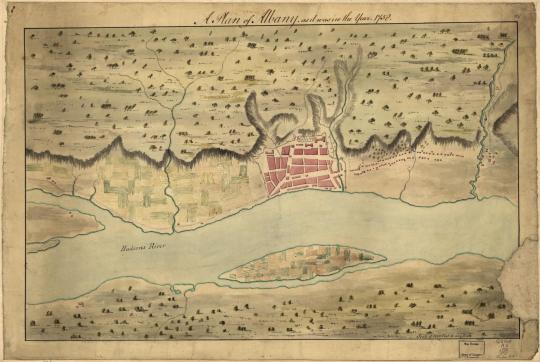
A plan of Albany, as it was in the year 1758.
21 notes
·
View notes
Text
washington's resting bitch face game so strong his countrymen treated him like a god and elected him unanimously for all sorts of shit.
#simplifying but i think washington had a huge temper so he decided to shut up. and it just worked out really well#so he went. i will continue this strategy forever.#it feels like we take that god image for granted? so it's skipped over in the telling a lot of the time because the story goes#this young man was very brash and fought in the french indian war and then general and btw people think he's a god now#everyone knows he will be elected unanimously everyone!#like when did that happen lmao#greatest pr: resting bitch face. few words.#talk about how much you wanna go farm#george washington#historical hamilton#amrev#anyone know exactly when that godly image took hold?
23 notes
·
View notes
Text
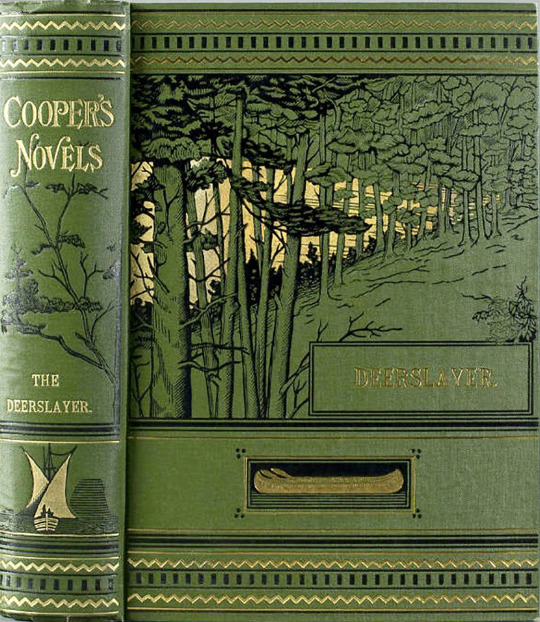
THE DEERSLAYER, or, THE FIRST WAR-PATH: A Tale by James Fenimore Cooper (1789-1851). (New York: Appleton, 1883). Illustrated by Felix Octavius Carr Darley.
Part of a set of Cooper’s Novels.
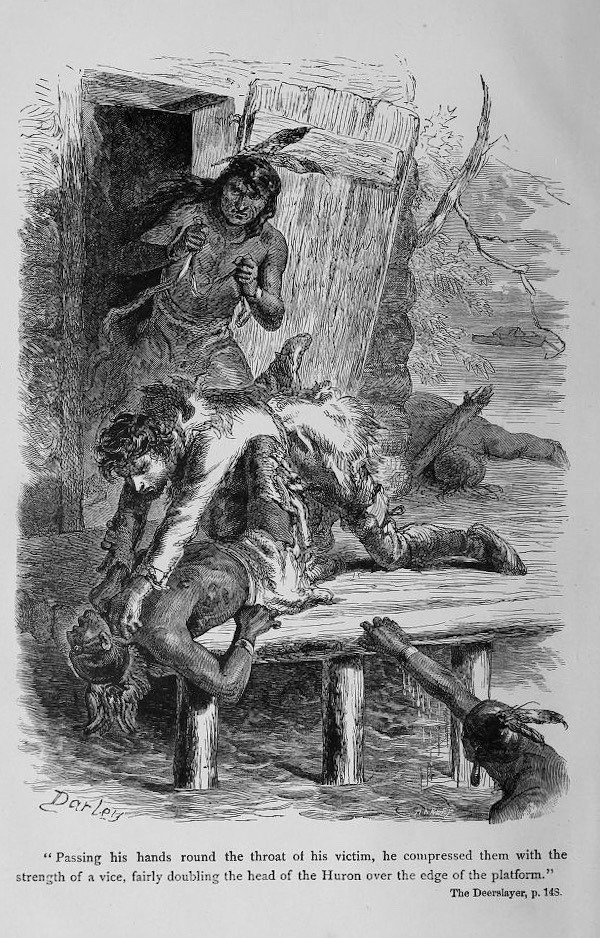
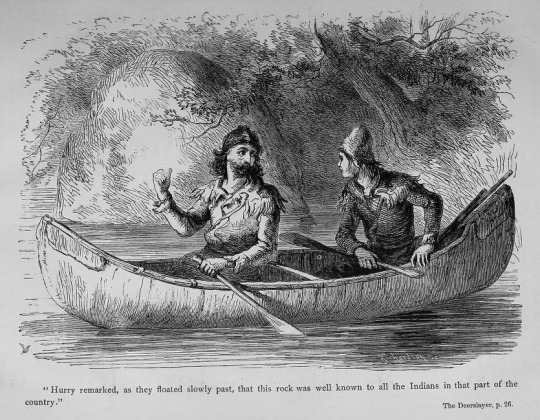
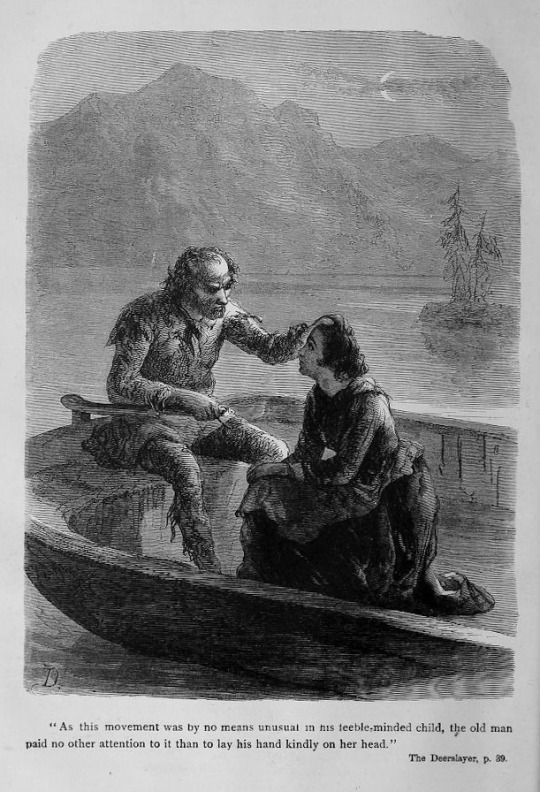
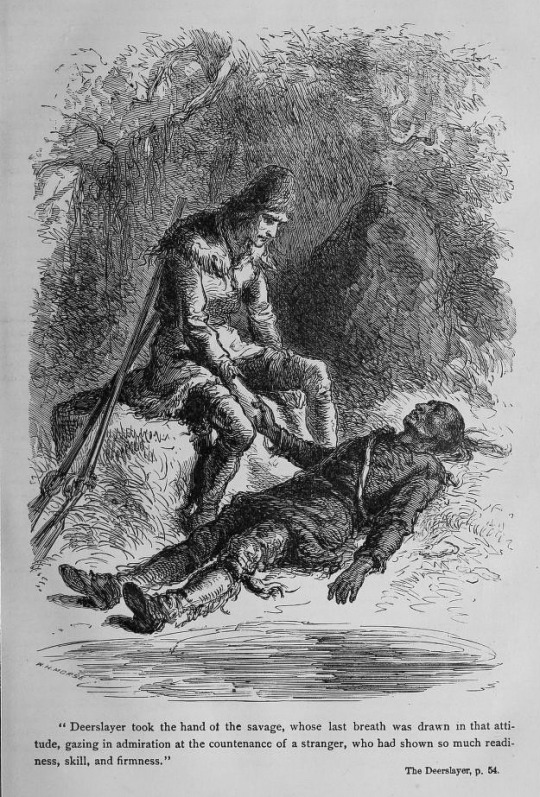
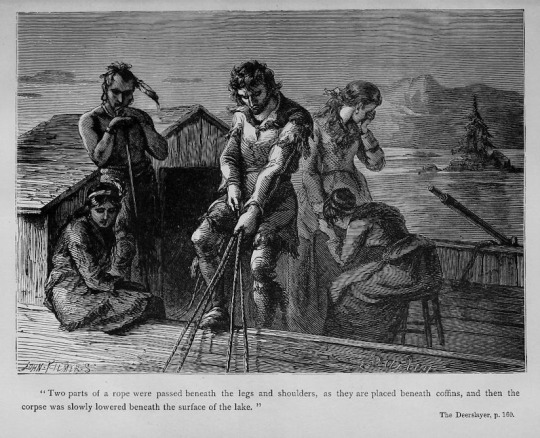
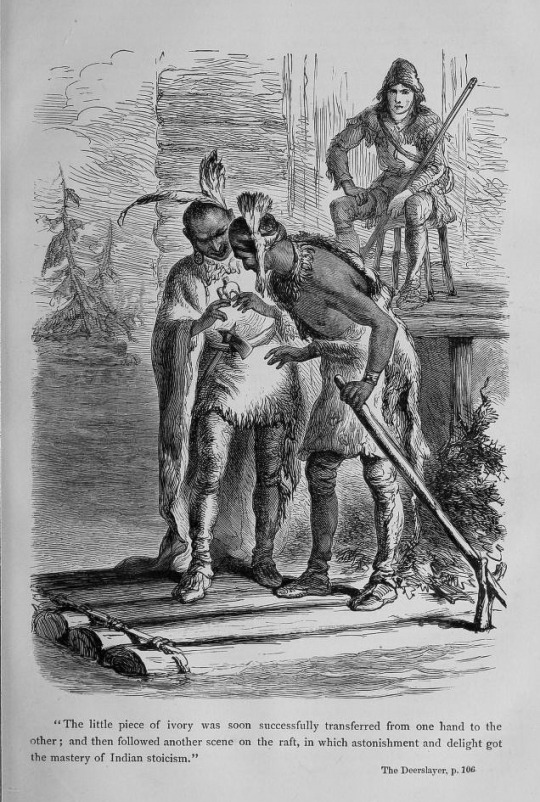
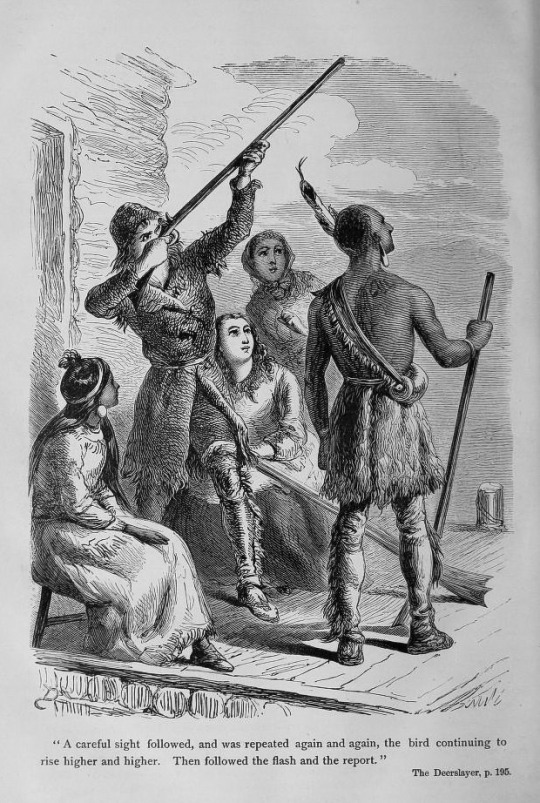
source [another edition, illos are here]
#beautiful books#book blog#books books books#book cover#books#vintage books#illustrated book#book design#james fenimore cooper#the deerslayer#felix octavius carr darley#french and indian war#natty bumpo
11 notes
·
View notes
Text
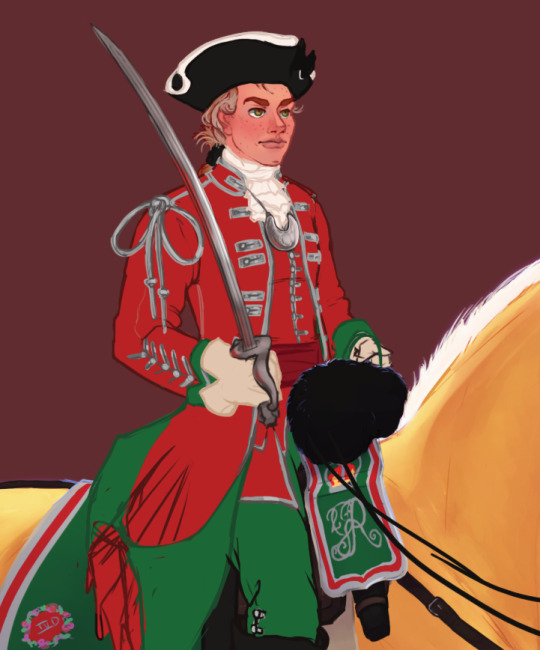
way to land a Manic Pixie Dream Dragoon, Lady Phillips
#liberty's kids#my art#work in progress#18th century#french and Indian war#seven year's war#sir phillips#major phillips#major phillips is a dragoon because I say so headcanon#why is a random dudebro from the 4th dragoons in fucking North America in 1755? shhh don't worry about it#I've finally settled on a unit now#I'm turned on by my own art oh no
18 notes
·
View notes
Photo

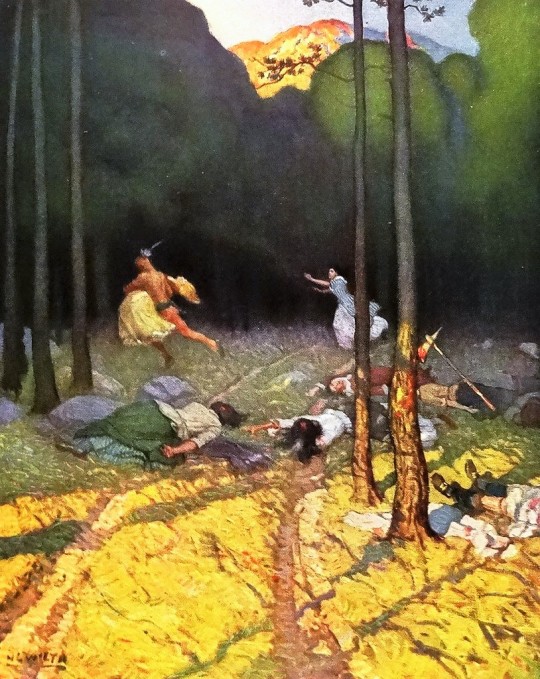
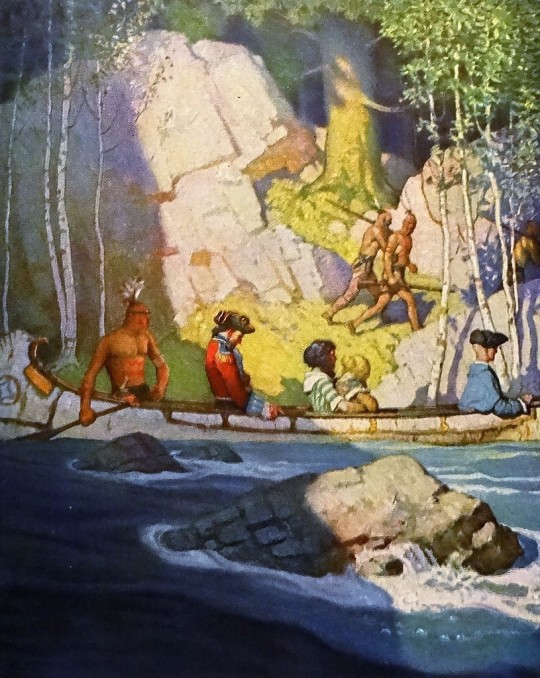

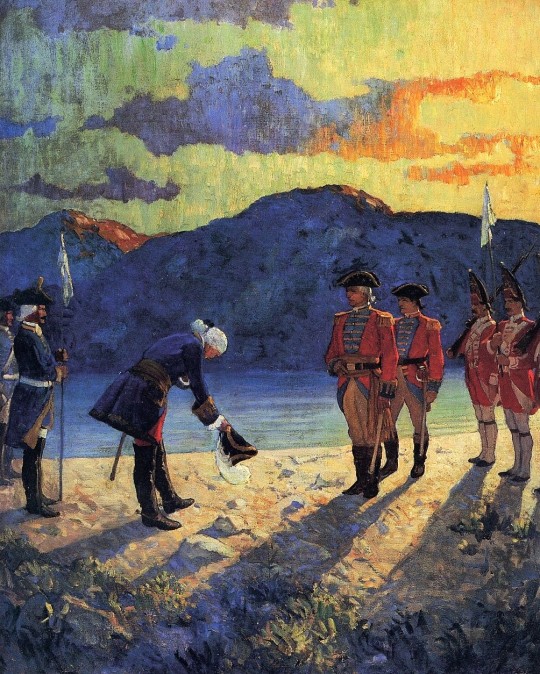
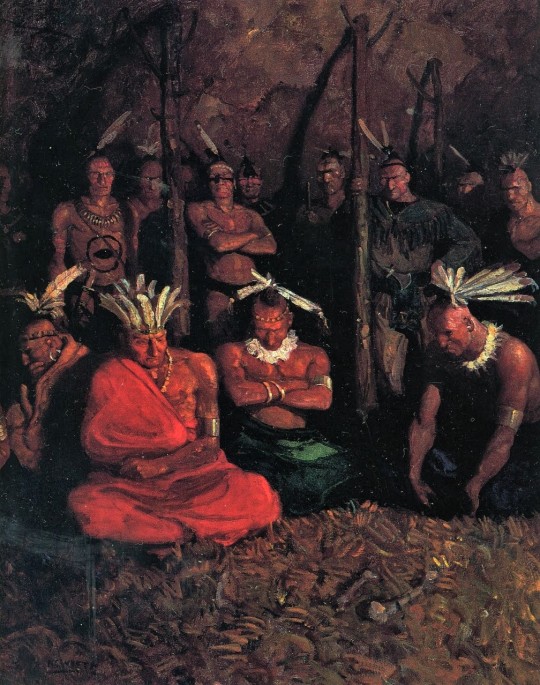

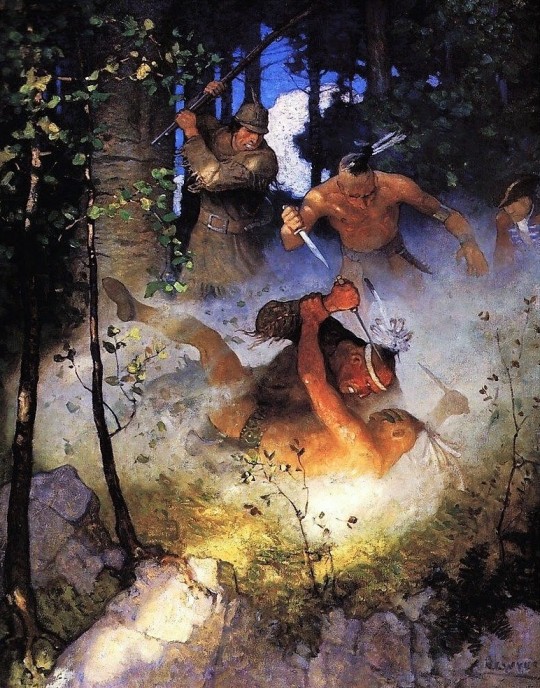
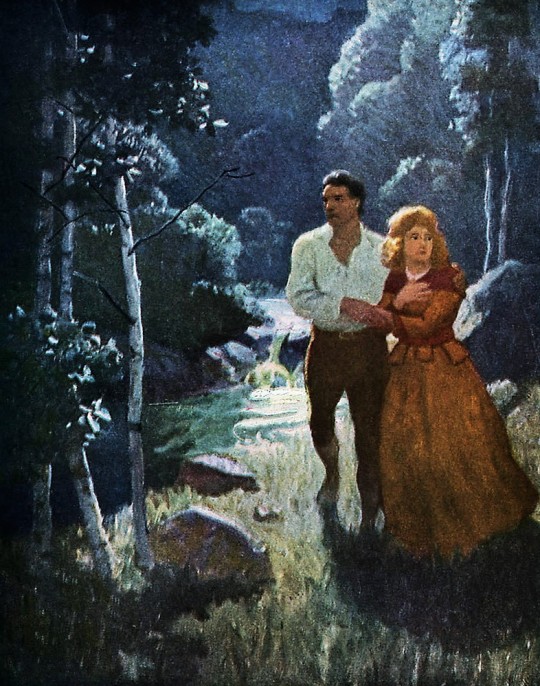

The Last of the Mohicans - art by N. C. Wyeth (1919)
#n.c. wyeth#the last of the mohicans#james fenimore cooper#book illustrations#hawkeye#chingachgook#cora munro#alice munro#native americans#french and indian war#charles scribner's sons#art#1910s#1919
263 notes
·
View notes
Text
"The western focus was not upon a war of independence from Great Britain as much as a war for the opportunity to gain land. Many land speculators, Washington among them, had their sights set on land in the Ohio Valley since the French and Indian War. Land companies were formed and much had been invested in land to the west. However, with the establishment of the Royal Proclamation of 1763, these new lands were out of reach for American colonists so long as Great Britain controlled them."
"Tell me about Ohio" indeed!
#american revolution#those greedy bastards slavering over the ohio valley#william tavington#and . . . george washington?#royal proclamation of 1763#also granted land to officers who fought in the French and Indian War#including 3000 acres to captains#idk who that could possibly be relevant to in this movie though
4 notes
·
View notes
Text
Washington’s 1753 Winter
When it came to winter weather, the beloved General did not have the best of luck. The winters in Morristown and Valley Forge were not kind to Washington or his army as historians have famously reported. The winter of 1799 is also arguably what killed him. Of course, not every winter was completely awful with the Delaware Crossing in 1776 being very successful for Washington. However, did you know that the Delaware was not Washington’s only river crossing? That is what I am going to talk about today.
In 1753, tensions between the French and British armies were rapidly rising about who would control the Ohio Valley Territory. George Washington, then 21, was selected by the British army to carry out the diplomatic mission of ordering the French army to vacate the Ohio Valley. On December 11th 1753, Washington and his traveling companion Christopher Gist would deliver the demand to the French commander Jacques Le Gardeur, who politely refused, forcing Washington and Gist to quickly start the journey a second time, back through the wintery wilderness and their home of Virginia.
It was 18 days later, on December 29th 1753 that the two men reached the Allegheny River, which like the Delaware River would be 23 years later, was filled with large chunks of floating ice. The two men had originally assumed the river would be frozen over to the point where they would be able to walk across, and were therefore ill prepared for the crossing, forcing them to build a wooden raft and paddle across.
About halfway across the river, George Washington was tossed into the river when their raft crashed into a large ice pack on the river. Washington was nearly hypothermic due to the icy waters, and had Gist not been there to assist in pulling George from the water, it is possible that the mixture of woolen clothing dragging the man, and hypothermia impacting his ability to move properly Washington would have drowned in the Allegheny River at just age 21.
Due to the struggle, the two men were too exhausted to free themselves from the ice pack, making it impossible to reach the opposite shore or return the way they had come. Luckily, they were able to wade through the freezing water and stay a night (though miserable) on an island. By the next morning, the river had luckily frozen over allowing Washington and Gist to successfully return to Virginia, where Washington would go on to become the man we all know, while Gist who remained a friend of Washington’s went on to hold successful commands during the French and Indian War died of Smallpox in 1759.
One final interesting thing that can be observed about Washington’s 1753 trip across the Allegheny River is that it overlaps quite heavily with the Turn: Washington’s Spies scene, which shows Benjamin Tallmadge taking a plunge into the Delaware River during the 1776 crossing, leaving one to wonder if his experience may have been based off of Washington’s real world experience.

Source: “Washington's Winters.” George Washington's Mount Vernon, https://www.mountvernon.org/george-washington/so-hard-a-winter/.
21 notes
·
View notes
Text
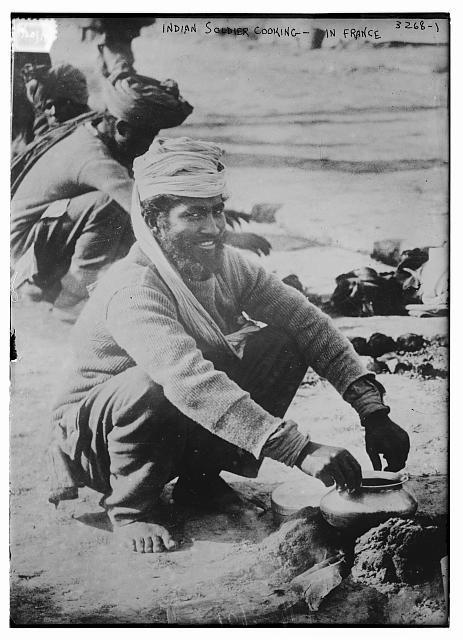
Indian soldier cooking in France during WWI
rayeshistory.com
4 notes
·
View notes
Text
And now that you've answered that, why not sit back and enjoy a brief history of the American Revolution:
First, the Seven Years War happens. It's mostly thought of as having been fought in Europe, but a campaign (not that kind) is also fought in North America. It is called "The French and Indian War" by the locals.
Britain wins the war against France, and subsequently gets the rights to all land east of the Mississippi river.
Colonialists start moving onto native land, probably with a lot of aggression and arrogance. This is ok so far as Britain is concerned, because they assume that the colonialists can play nice with the natives.
That is not the case. As such, the natives push back against them. 500+ colonialists die during this conflict.
Britain realizes that the colonialists CAN'T play nice and forbids them from going west of Appalachian mountains. Troops are sent to enforce this. Taxes are raised to support the troops, levied mostly on the colonies because they're the reason this mess exists at all.
Wealthy Land / Business Owners get frustrated by Britain imposing its will on the colonies and disallowing them from spreading West. Sure, taxes are bad, but it probably wasn't the little folks paying the lion's share of them, except insofar as the fees associated with them are concerned, but you pay sales taxes, so you know that heavy toll already.
Unhappy working class colonialists don't like paying those extra fees, like any USAmerican doesn't like, but this dislike is further stoked into unhappiness via propaganda until war is inevitable.
France, convinced by wealthy colonialists, backs to revolution as a "fuck you" to Britain ("We can't have land in the Americas? Fine. You don't get your precious colonies, either")
America is born! If you're a wealthy white man you're free to do whatever! Otherwise you can fuck off.
Imperialist conquest of the continent begins in earnest ("but really it's just our Manifest Destiny to control the whole continent so it's alright").
+++++
Ultimately, if they don't benefit the wealthy, any establishment of rights in USAmerica regarding a disenfranchised group only happens after massive civil disruption.
Said rights are never seen as good by the establishment, only as the necessary price for keeping/restoring the peace.
For Example:
The north fought the civil war to keep the south in the union. The south fought the civil war to keep their slaves.
If Lincoln hadn't been killed and his VP hadn't bungled things as much as he did, there would be no amendment regarding slavery, it would be a purely legislative matter, not a constitutional one.
This means that, if Lincoln lived, we'd need to worry about republicans overturning anti-slavery laws too, in addition to everything else.
#american revolution#America#usa#founding fathers#Tax the rich#eat the fucking rich#eat the rich#manifest destiny#the big lie#imperialism#colonialism#westward expansion#north america#seven years war#french and indian war#thirteen colonies#original colonies#taylor polls
3 notes
·
View notes
Text
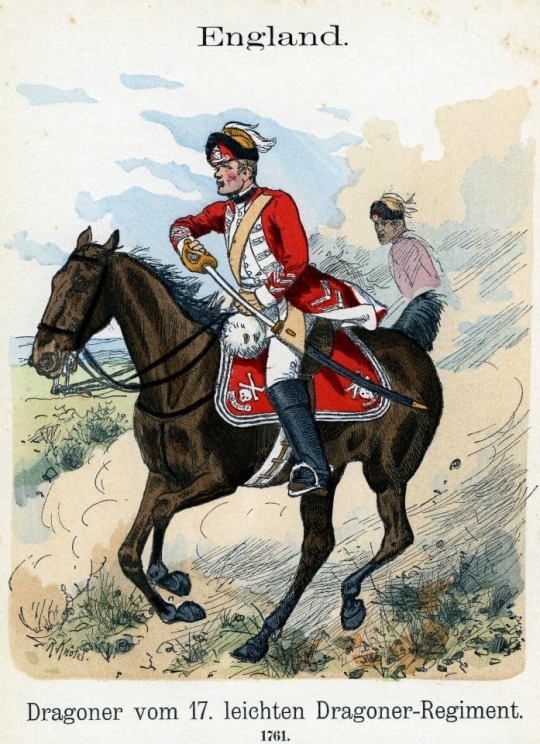
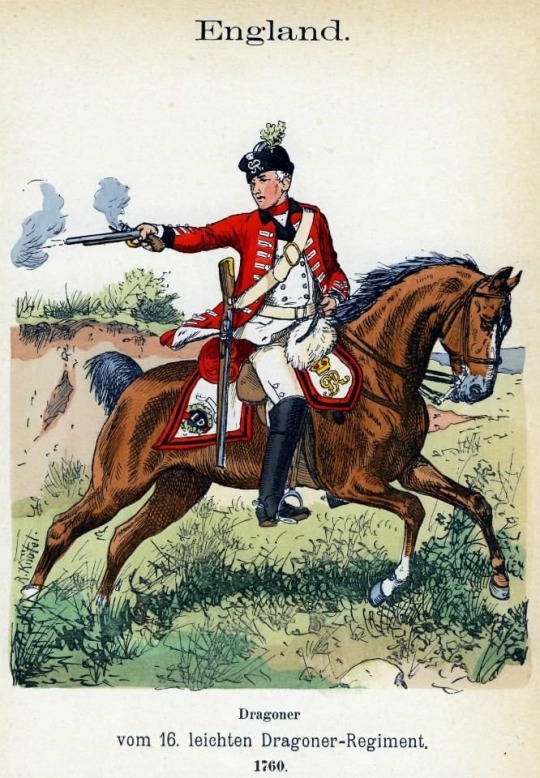

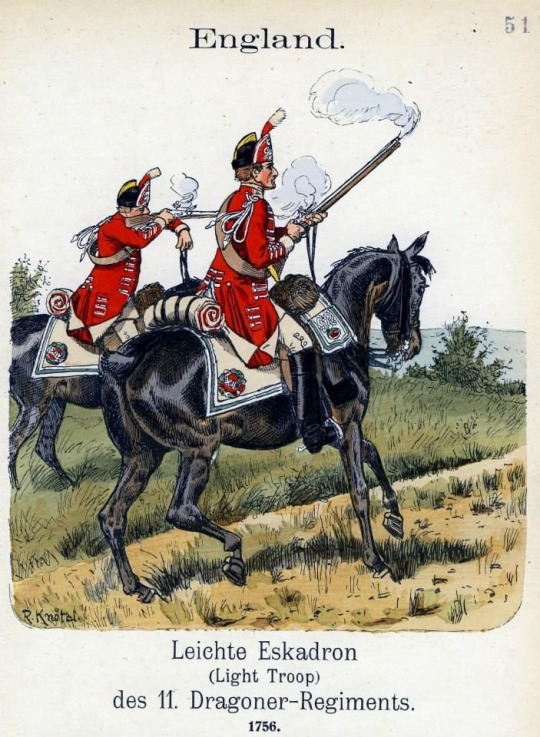
British cavalry of the Seven Years War by Richard Knötel.
#history#british army#military history#18th century#redcoat#redcoats#seven years war#7 years war#french and indian war#cavalry
87 notes
·
View notes
Text
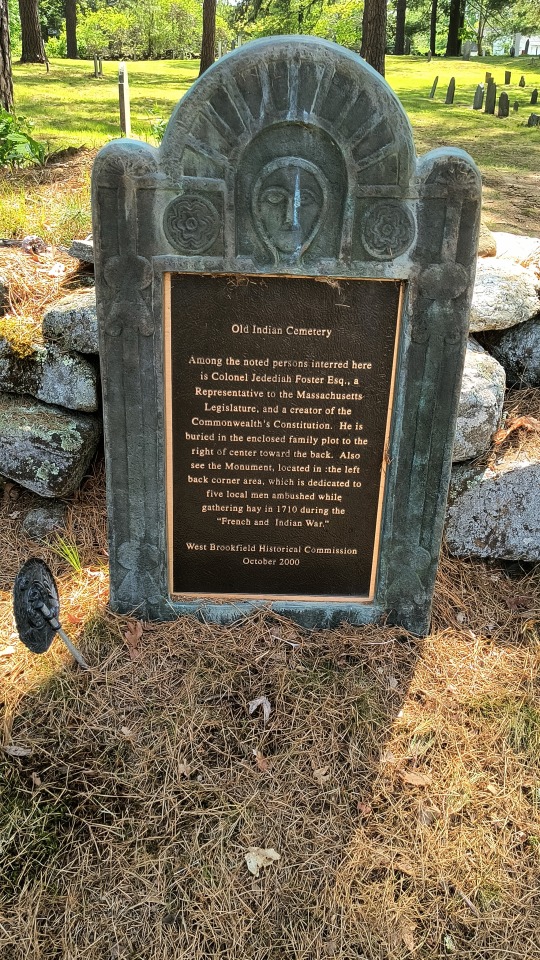
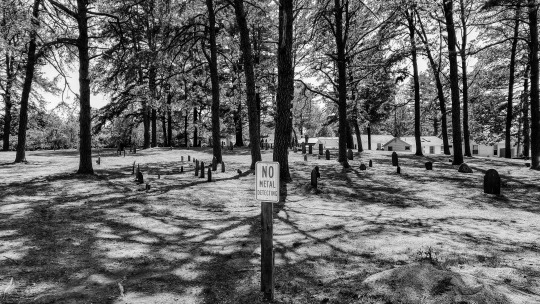
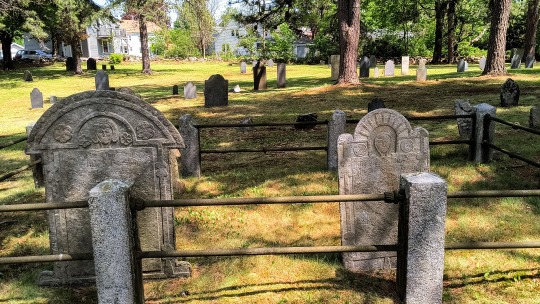
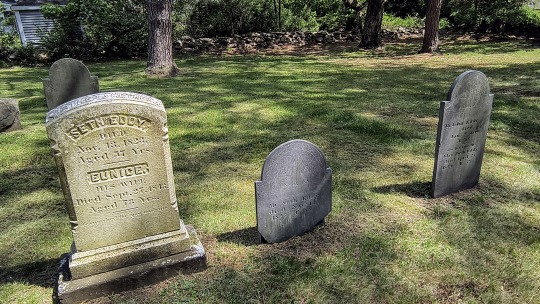
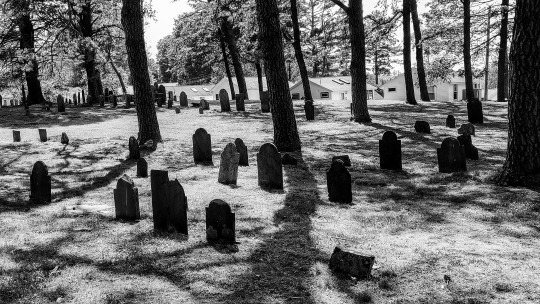

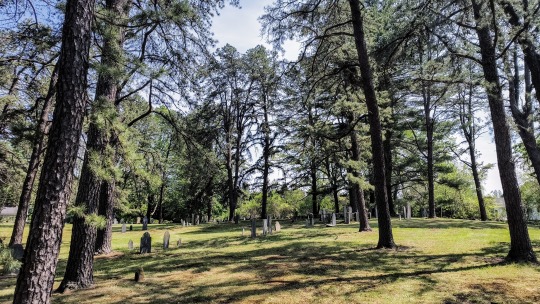

Old Indian Cemetery. Located in West Brookfield MA it was founded way back in 1710. Here's a brief sketch of it's history from Wikipedia:
"The Old Indian Cemetery or "Old Cemetery" is a historic cemetery at 50 Cottage Street in West Brookfield, Massachusetts.
The cemetery was established in 1710 and was an active burial ground until 1849. The cemetery "is the resting place of 16 French and Indian War soldiers, 11 Revolutionary War soldiers, and 6 men who were killed in 1710 by Indians and became known as the Haymakers. It is also the resting place for Jedediah Foster, his wife and daughter, and Diederick Leertouwer."[2] The site was added to the National Register of Historic Places in 2006."
There's some haunting gravestones decorated with beautiful, primitive funerary art to be found at this old burial ground. I really enjoyed my 1st visit to this cemetery.
5/16/23
8 notes
·
View notes
Note
hey do ya have good books on washington during the 7 years war? love to see a girlboss failling ngl lmao
DYING SHFSKJLHFKJS
I unfortunately don't have many books on Washington, and I don't know of any specifically about the 7 years war, but I do have recommendations.
I always always always recommend George Washington's Indispensable Men by Arthur S. Lefkowitz because it is so good and you actually do get a lot of information about Washington even though it's not technically about him.
Secondly, and I'm so sorry, there's Chernow's biography of Washington. LISTEN IM SORRY I HATE HIM TOO but his books are really thorough and provide a lot of information you can't get many other places, so if you wanna just check it out at a library and read only the chapters about the seven years war, that could be highly beneficial, and might take you the same amount of time as reading a full book.
I did get two books about Washington for Christmas that I haven't read, which are His Excellency by Joseph J. Ellis, and Washington's End by Jonathan Horn, so if you wanna beat me to those, go ahead and let me know your thoughts if you do.
Hope this helps! Enjoy reading :)
#george washington#resources#history#amrev#seven years war#french and indian war#american history#books#asks
11 notes
·
View notes
Text
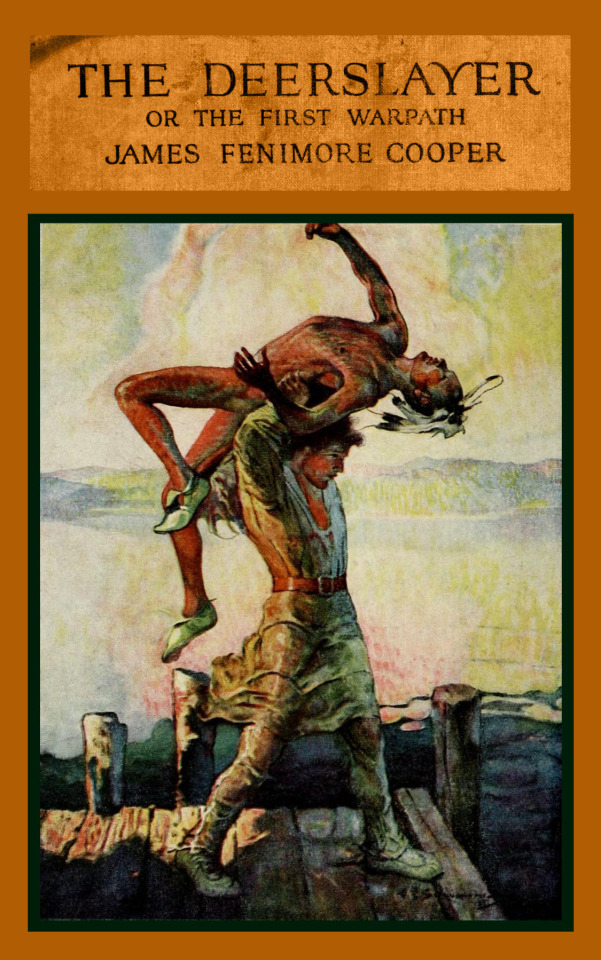
THE DEERSLAYER; OR, THE FIRST WARPATH by James Fenimore Cooper (1789-1851) (New York/London: Harper, 1926) Illustrated by Louis Rhead.
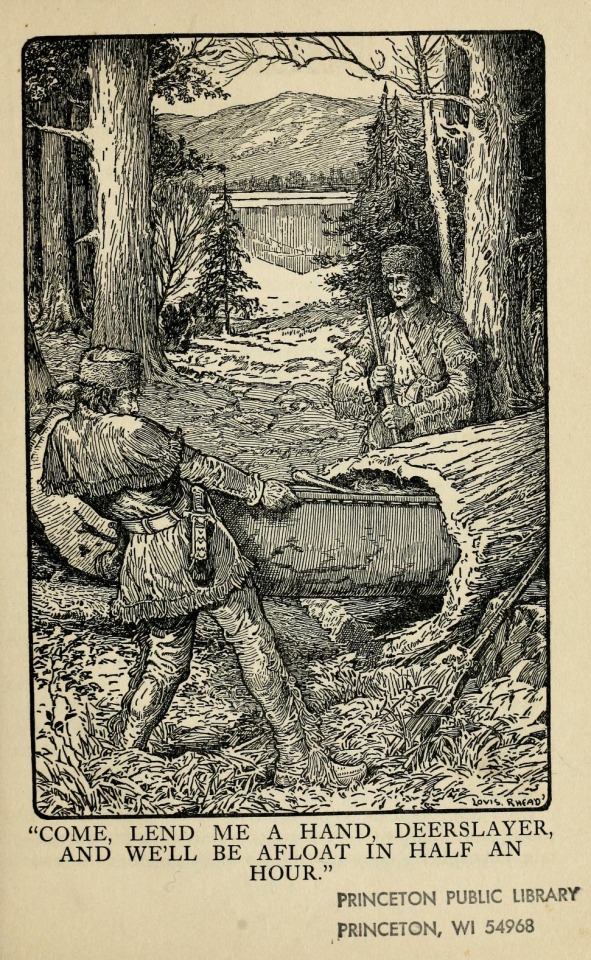
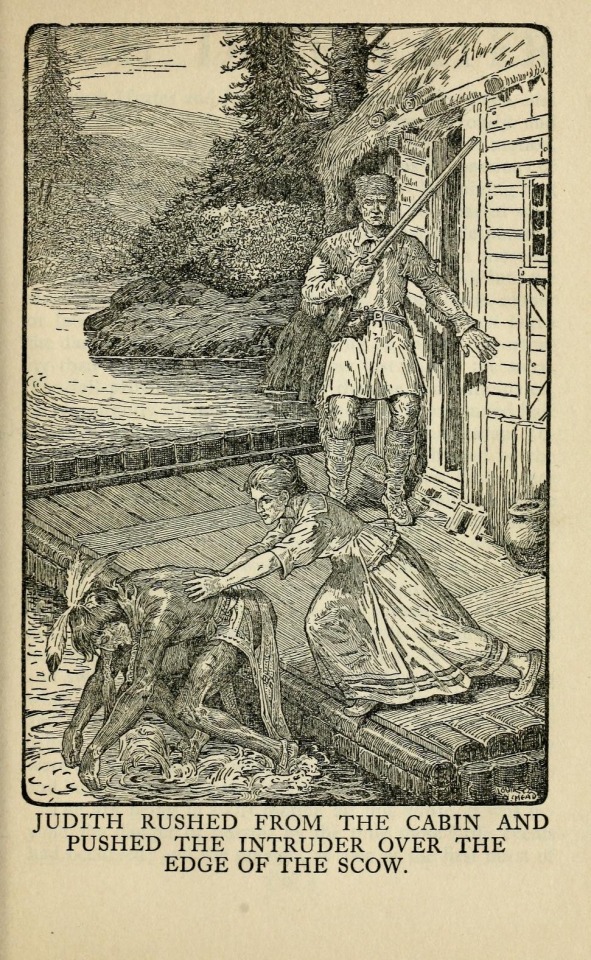
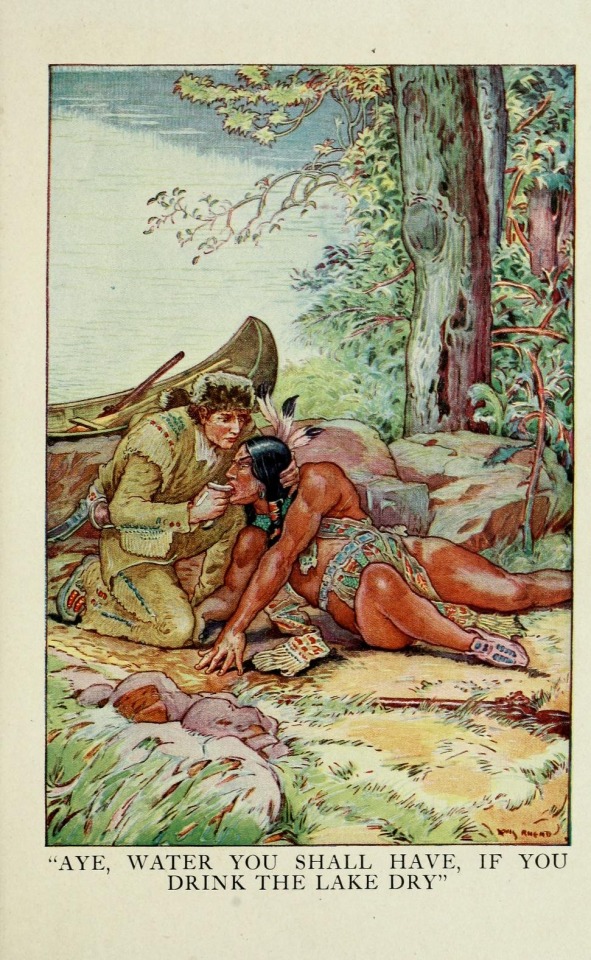
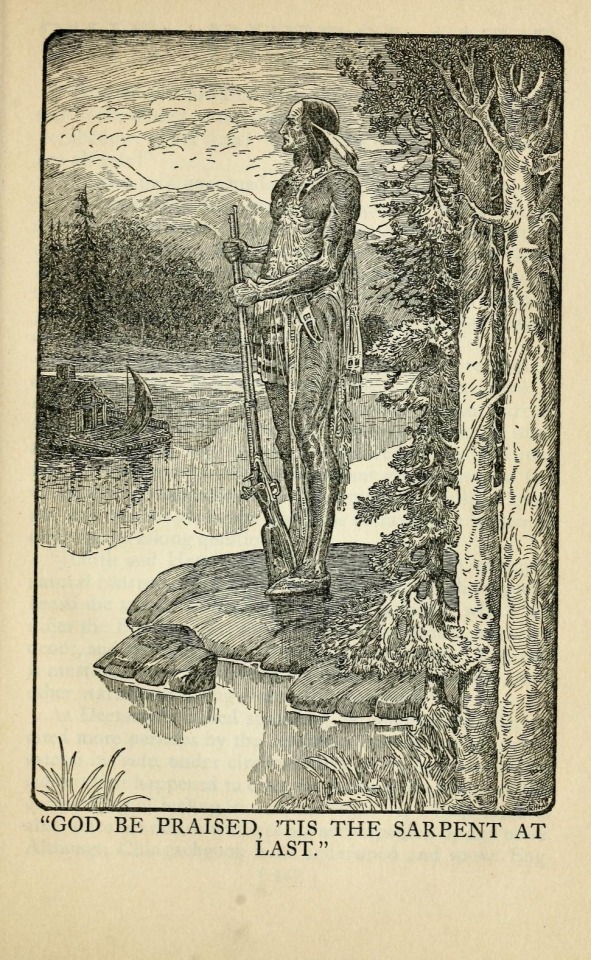
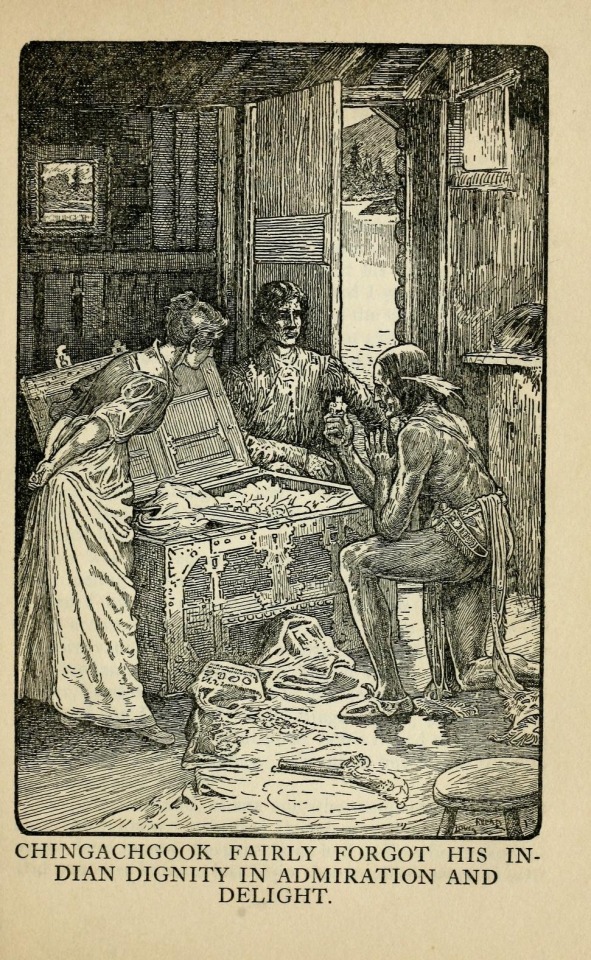
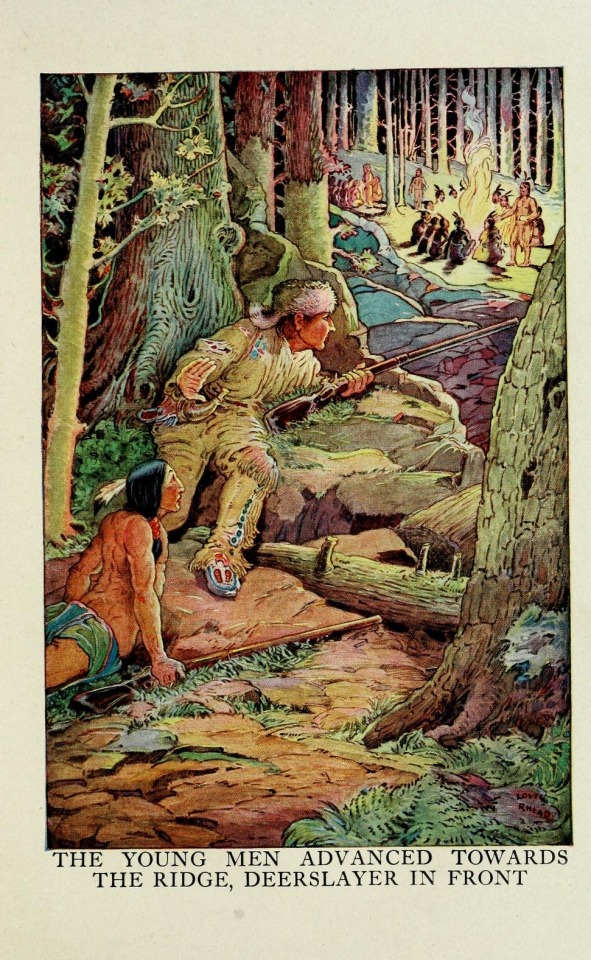
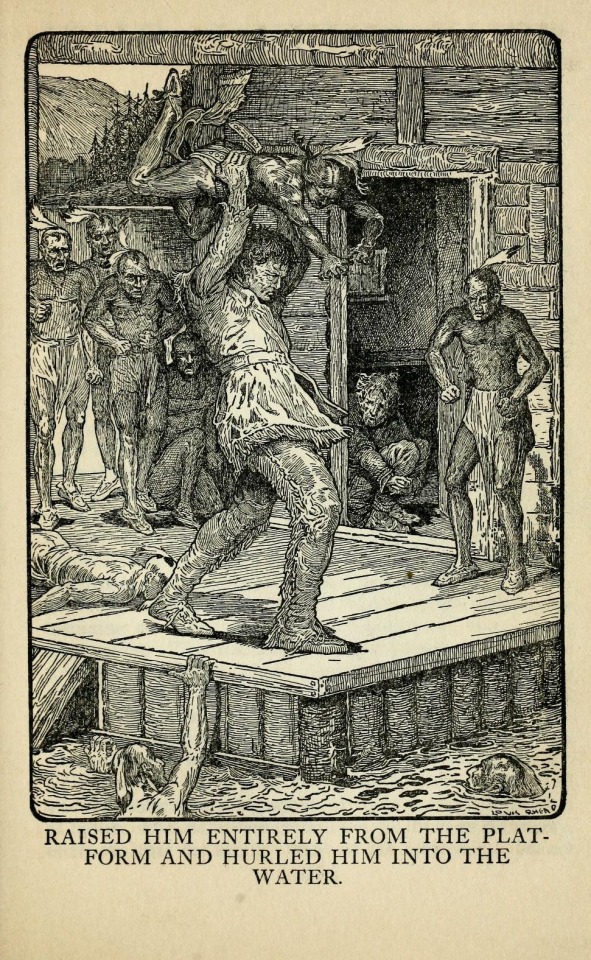
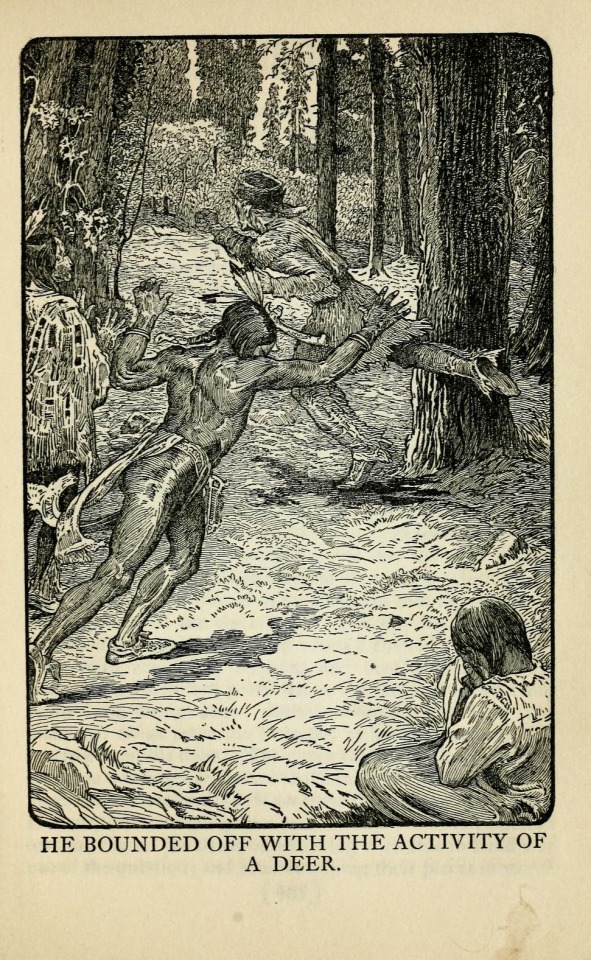
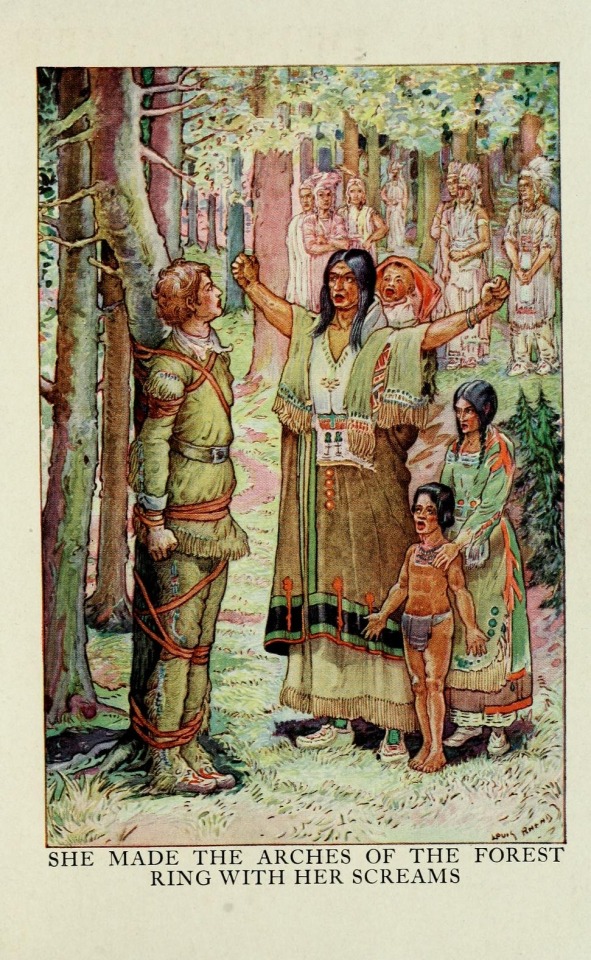
source
#beautiful books#book blog#books books books#book cover#books#vintage books#illustrated book#book design#james fenimore cooper#deerslayer#natty bumpo#pioneer life#french and indian war#louis rhead
9 notes
·
View notes
